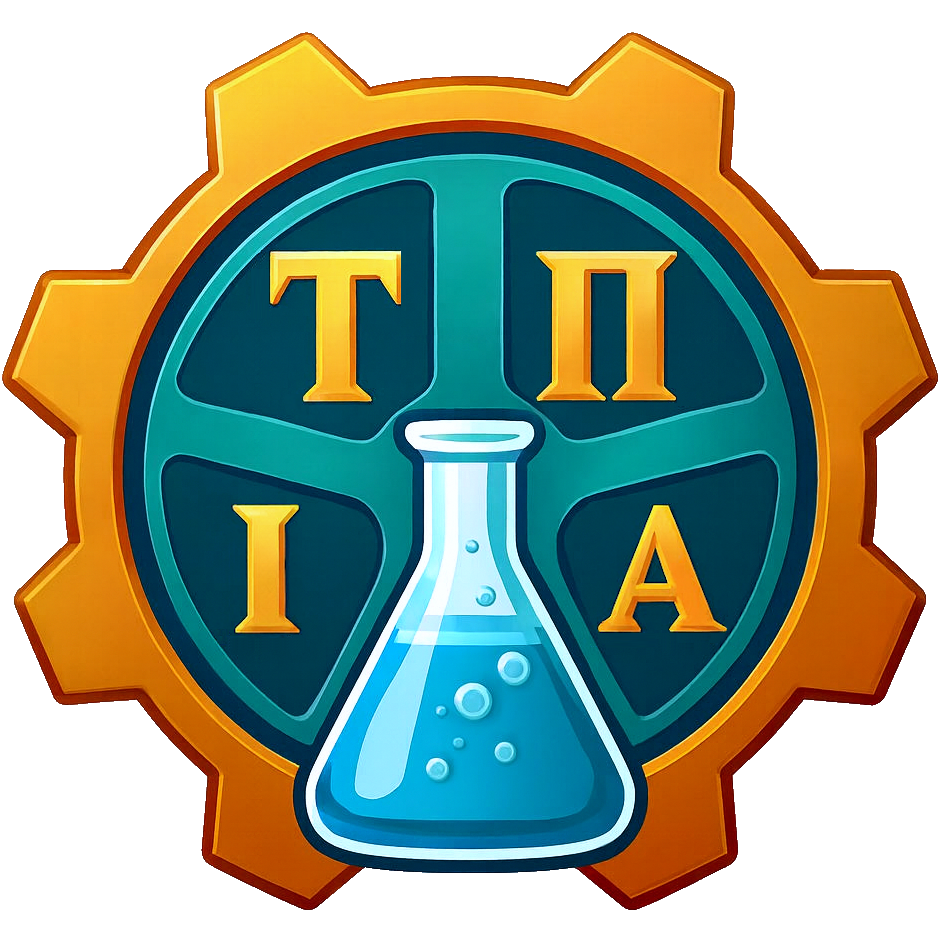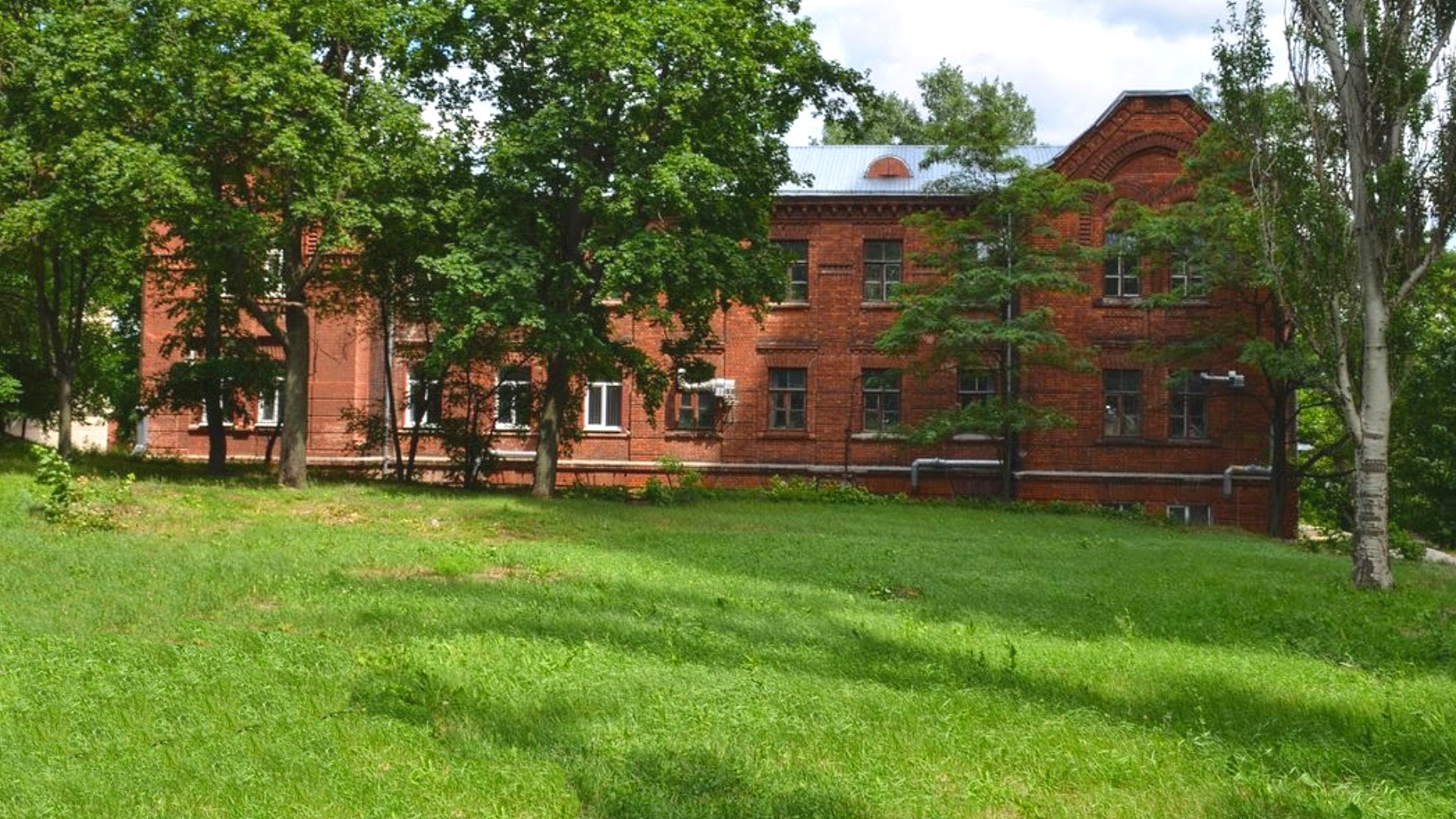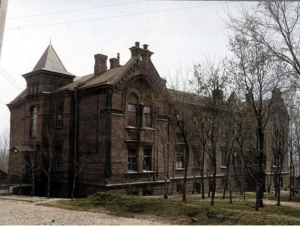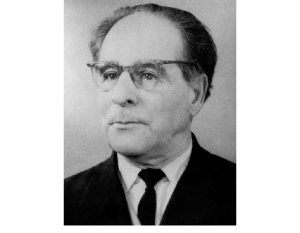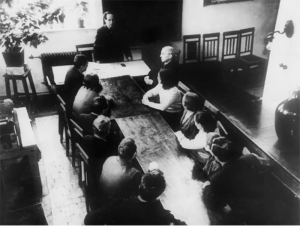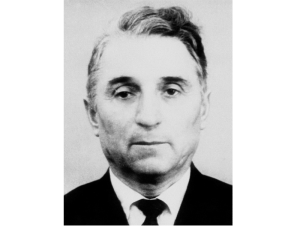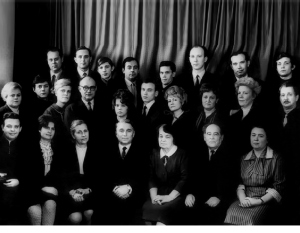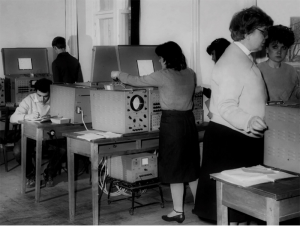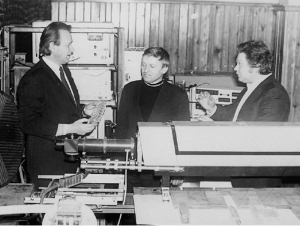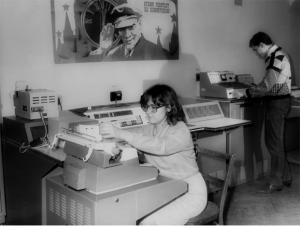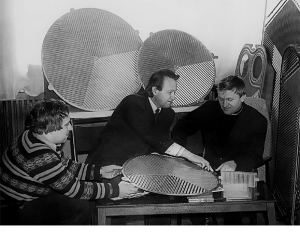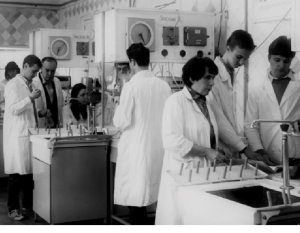The department is headed by Leonid Leonidovich Tovazhnyansky, Candidate of Technical Sciences, Associate Professor, at that time Vice-Rector of KhPI, and later – Doctor of Technical Sciences, Professor, Corresponding Member of the National Academy of Sciences of Ukraine, Honored Worker of Science and Technology of Ukraine, Honored Worker of Higher Education, Laureate of the State Prize, Full Member of the Academy of Sciences of Higher Education of Ukraine, Rector of NTU “KhPI”, Honorary Citizen of the City of Kharkiv.
The Acting Head of the Department from 1977 to 1981 is Igor Serafimovych Chernyshov.
